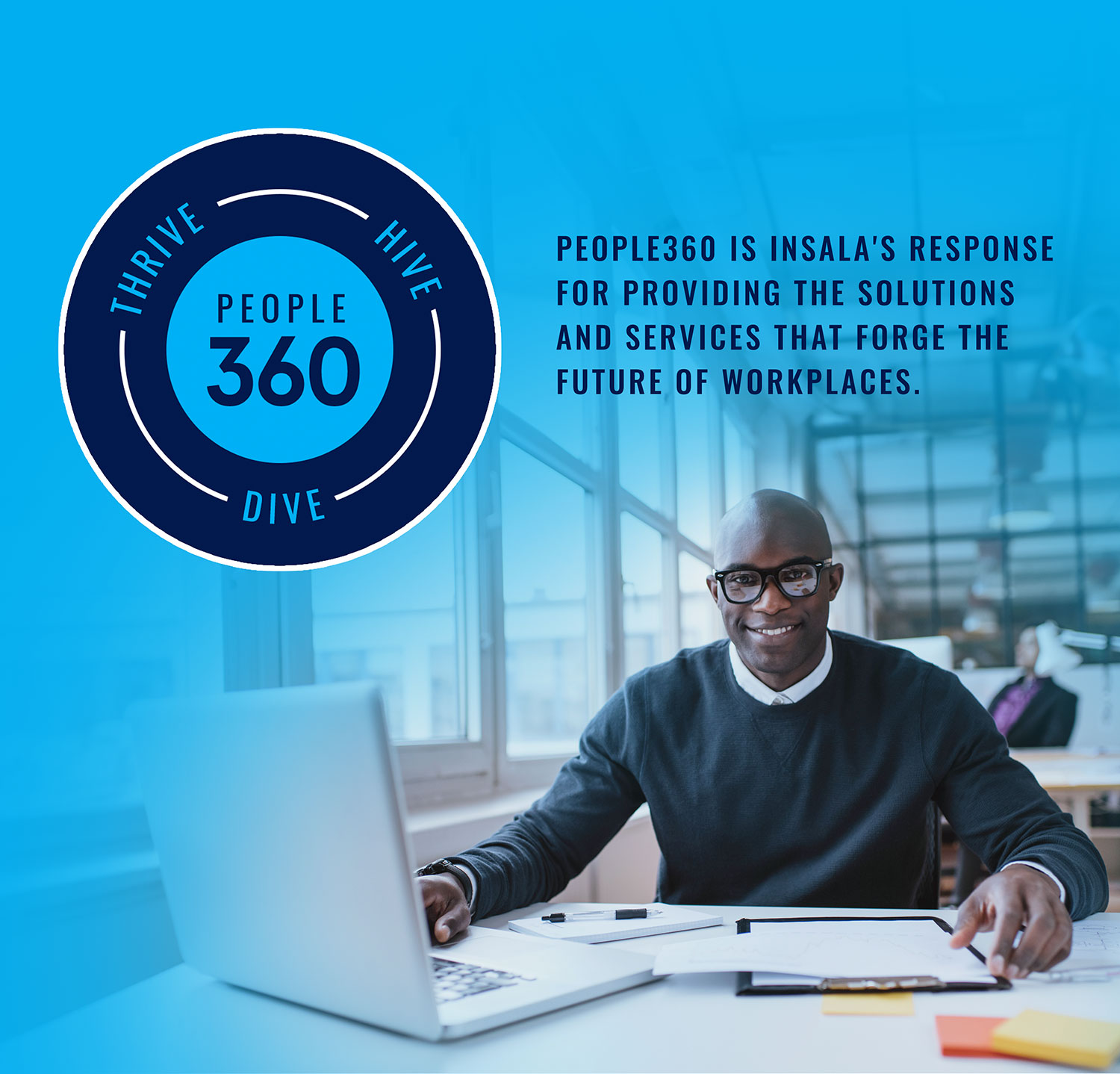
7 Tips To Improve Your Corporate Mentoring Program
Corporate mentoring programs have been driving business revenue higher for decades. To achieve effective revenue results, it's essential to ensure that your mentoring program is well-designed, effectively implemented, and continuously evaluated.
In this comprehensive guide, we'll explore seven actionable tips to help you enhance the effectiveness of your corporate mentoring program and maximize its impact on your organization.
- Define Clear Objectives and Goals
The first step to improving your corporate mentoring program is to define clear objectives and goals. What do you hope to achieve through the program? Are you aiming to develop leadership skills, improve employee retention, or enhance diversity and inclusion? By clearly defining your objectives, you provide a roadmap for the program and ensure that all stakeholders are aligned on its purpose and intended outcomes.
- Focus on Mentor-Mentee Matching
Effective mentor-mentee matching is crucial for the success of a mentoring program. Take the time to thoughtfully pair mentors and mentees based on factors such as career goals, interests, personality, and communication style. Consider leveraging tools such as the Insala Mentoring Readiness program to assess participants' readiness for mentoring and facilitate successful matches. By ensuring compatibility between mentors and mentees, you set the stage for productive and meaningful mentoring relationships.
- Provide Comprehensive Training and Support
Both mentors and mentees require training and support to maximize the value of their mentoring experience. Offer comprehensive training on topics such as communication skills, goal setting, feedback, and conflict resolution. Additionally, provide ongoing support and resources to help participants navigate challenges and make the most of their mentoring relationships. The Insala Mentoring Readiness program can serve as a valuable resource to prepare participants for their mentoring journey and equip them with the skills and knowledge they need to succeed.
- Establish Clear Expectations
Setting clear expectations is essential for guiding the mentoring relationship and ensuring that both mentors and mentees understand their roles and responsibilities. Clearly outline the goals of the mentoring program, the frequency and format of meetings, and the expectations for communication and feedback. Provide participants with a mentoring agreement or handbook that outlines these expectations and serves as a reference throughout the program.
- Foster Open Communication
Open communication is key to building trust and rapport between mentors and mentees. Encourage participants to communicate openly and honestly with each other, sharing their goals, challenges, and successes. Establish regular check-ins or meetings to provide opportunities for dialogue and feedback. By fostering a culture of open communication, you create a supportive environment where participants feel comfortable sharing their thoughts and experiences.
- Measure and Evaluate Program Effectiveness
Regularly measuring and evaluating the effectiveness of your mentoring program is essential for identifying areas for improvement and making data-driven decisions. Collect feedback from participants through surveys, interviews, or focus groups to gain insights into their experiences and satisfaction with the program. Track key metrics such as participant engagement, skill development, and career advancement to gauge program success. Use these insights to make informed adjustments and enhancements to your mentoring program.
- Celebrate Success and Continuously Improve
Finally, don't forget to celebrate the successes of your mentoring program and recognize the achievements of participants. Whether it's highlighting success stories in company newsletters or hosting recognition events, acknowledging the impact of mentoring can help reinforce its value and encourage continued participation. Additionally, embrace a culture of continuous improvement by soliciting feedback from participants and stakeholders and using this feedback to make ongoing enhancements to your mentoring program.
In conclusion, by implementing these seven tips, you can take your corporate mentoring program to the next level and unlock its full potential to drive employee development and organizational success.
From defining clear objectives and goals to fostering open communication and continuously evaluating program effectiveness, each tip plays a crucial role in enhancing the effectiveness of your mentoring initiatives. And by leveraging resources such as the Insala Mentoring Readiness program, you can ensure that participants are well-prepared for their mentoring journey and set up for success from the start.
Ready to take your corporate mentoring program to the next level?
To learn more about how Insala can help you unlock the full potential of your mentoring program, contact our Sales Team at successteam@insala.com.
Grow Your Career Program! - Get Our Latest Newsletter Updates
Related Posts

How To Find The Right Mentor For You
How To Find The Right Mentor For You Having the guidance and ...
Read more
How To Establish A Successful Corporate Mentoring Program
How To Establish A Successful Corporate Mentoring Program
Read more
How Mentoring Is Helping Solve The Labor Shortage
How Mentoring Is Helping Solve The Labor Shortage The labor shortage has become a pressing issue for businesses across industries, with ...
Read more
.png?width=100&name=Untitled%20design%20(30).png)






